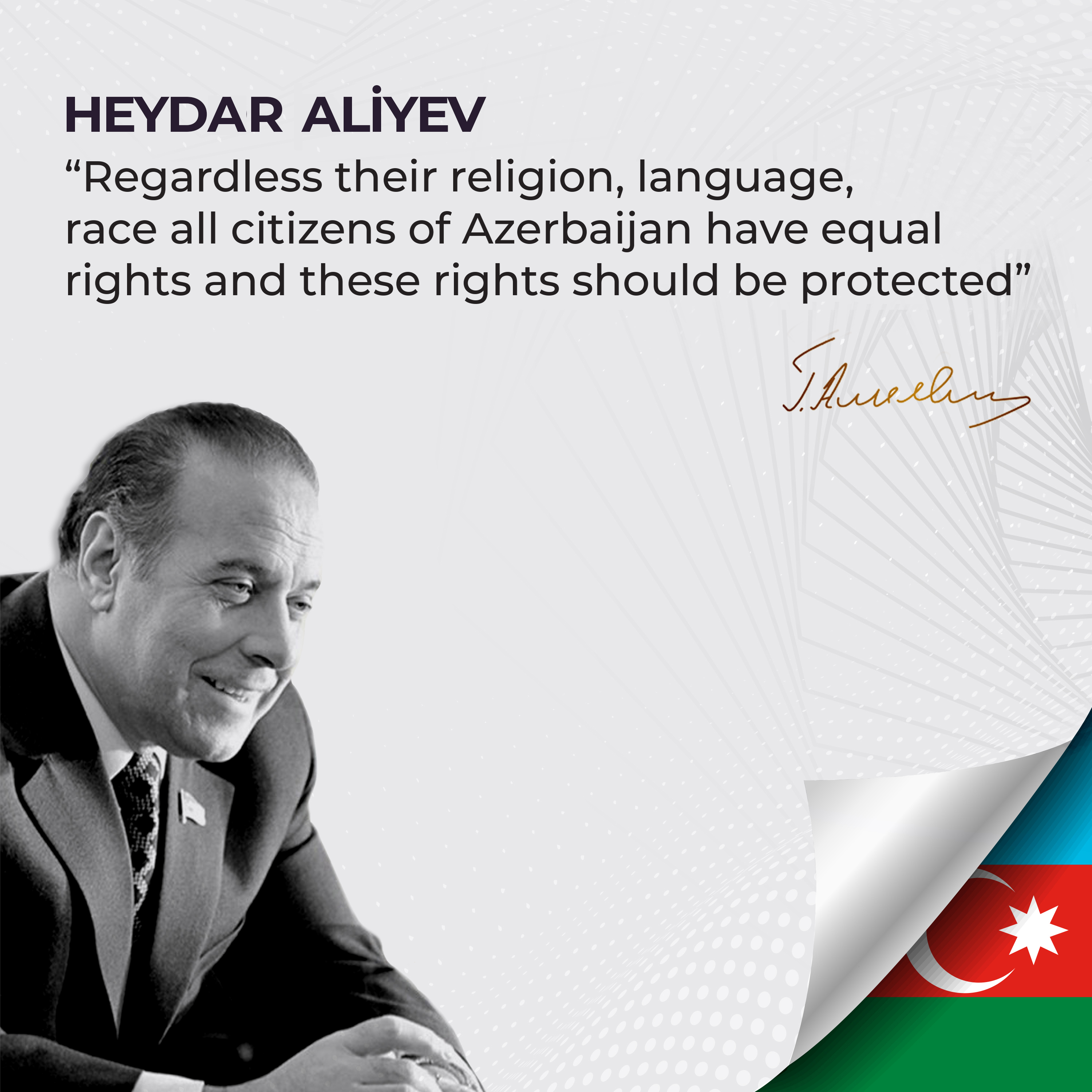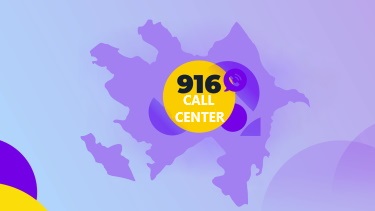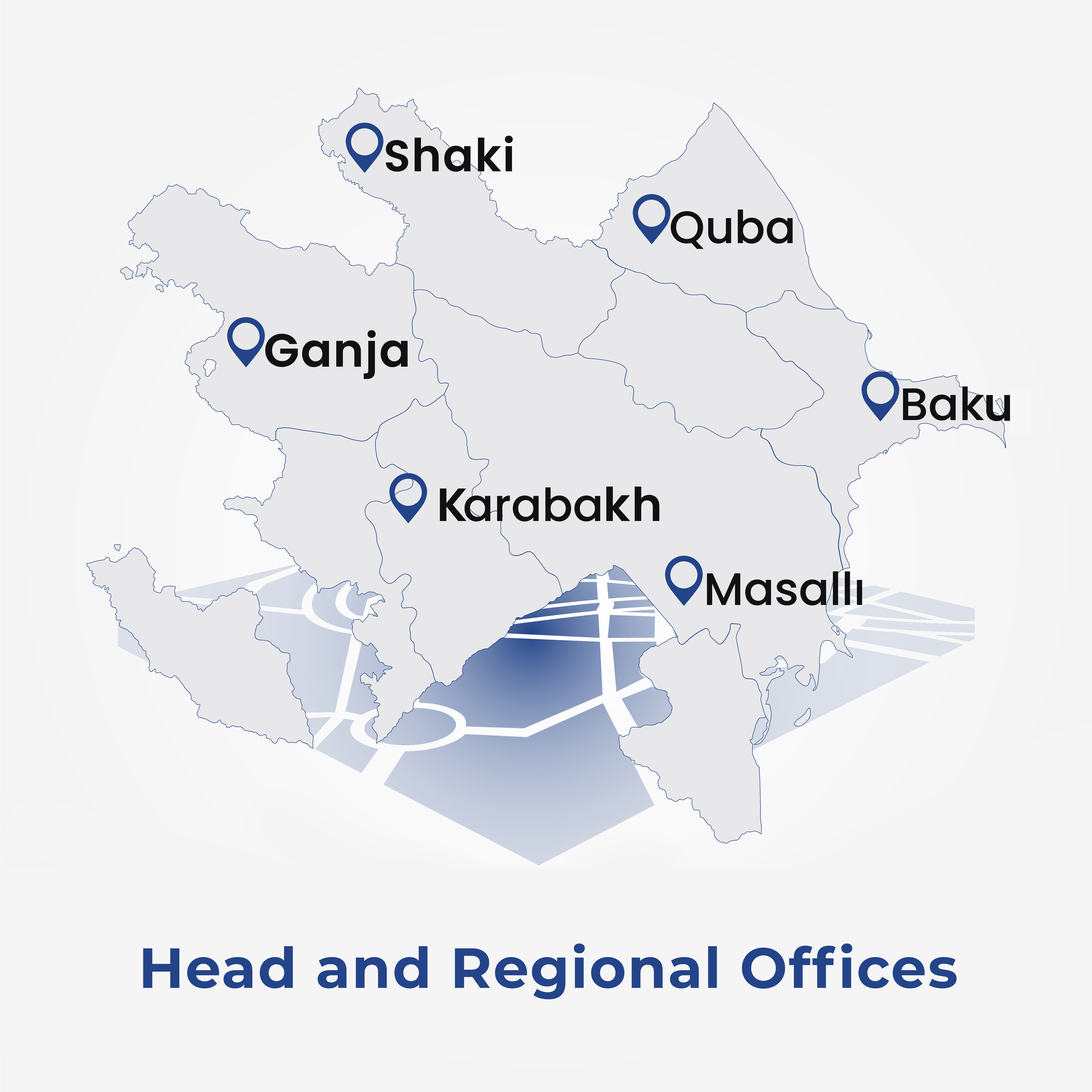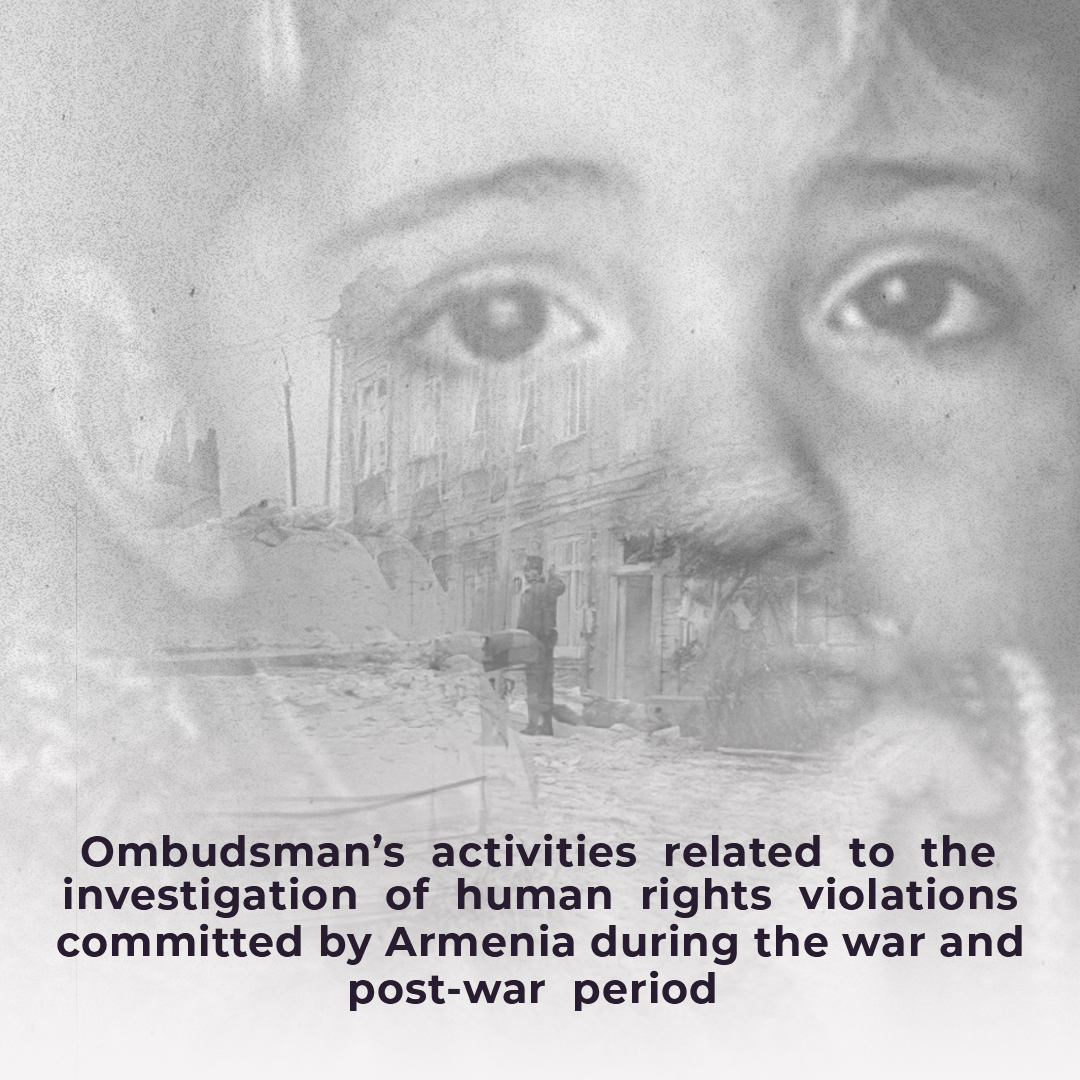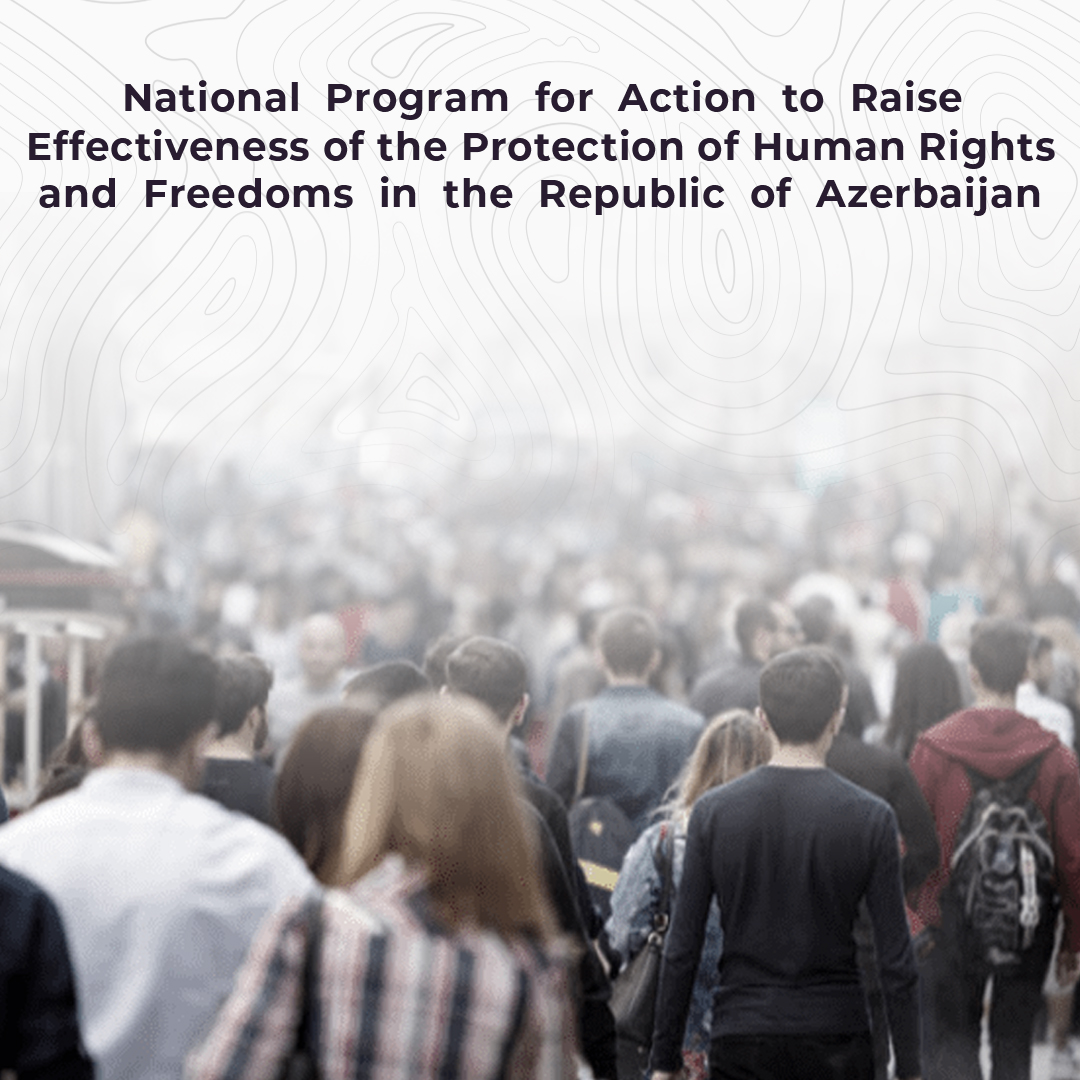Cooperation with Non-Governmental Organizations
One of the key priorities of democratization of the public life in Azerbaijan is a development of civil society institutions. Rapid economic and social development of the country extends the public opportunities to support the activity of the civil society institutions as well as to accelerate the improvement of the state policy of support and promotion of the non-governmental organizations.
From the very beginning, the Ombudsman Office of Azerbaijan closely co-operates with state bodies, non-governmental organizations and civil society institutions in the field of human rights protection and promotion. The Experts Council consisting of non-governmental organizations at the Ombudsman in a view to achieving efficient and purposeful mutual co-operation.
Aside this, there are four Resources Centers of Ombudsman functioning in the field of youth and child human rights called “Azerbaijan Child and Youth Peace Network”, women rights called “Azerbaijan Women and Development Center”, and in the field of the rights of older persons called “ Resource Center for Older Persons”. Each center builds his activity accordingly.
By the Presidential Order dated 28 December, 2006 first it was approved National Action Plan on human rights protection, which later was followed by National Action Program on the Protection of human rights and freedoms in the Republic of Azerbaijan approved by the Presidential Order dated 27 December.
By the Presidential Order about the approval of the National Action Program especially stipulates the close co-operation of the corresponding state bodies responsible for the execution of the Program with the national non-governmental organizations. To lead the activity of the Working Group on monitoring, evaluation and coordination of the implementation of the National Action Program was recommended to the Commissioner.
The Ombudsman Office receives information relating to the status of the implementation of the noted above Program twice a year, the first on the occasion of 18 June-National Human Rights Day and 10 December –International Human Rights Day from the responsible for the execution of the Program state bodies, as well as analyses them and releases them to the public through mass media. During the events devoted to the implementation of the Program, the representatives of non-governmental organizations, mass media and civil society institutions, along with the parliamentarians representing the corresponding cities and districts, local executive bodies, judiciary and law-enforcement authorities, municipalities, constituency election commissions also participated and involved in the discussions.
In general, public hearings held to promote and monitoring the status of the Program, pave the way for increasing legal awareness of the population and participation of civil society institutions, promotion of everyone’s right to participation, democratization of the public administration, and for increasing efficiency and better improvement of the public control function of the local non-governmental organizations.
As well as, the Ombudsman Office and its four Regional Offices regularly invite non-governmental organizations to their conferences, seminars, trainings and other awareness raising events, and vice-versa.
The Commissioner appointed specialized advisors in order to increase efficiency of the activity in the field of protection of the rights of various categories of population. Those advisors co-operate with the specialized non-governmental organizations throughout their activity. Also, representatives of the non-governmental organizations were involved into the joint investigation and monitoring conducted by the Ombudsman Office jointly with UNICEF Country Office. The Commissioner co-operates with the non-governmental organizations while performing her functions as a national preventive mechanism as well.
At the initiative of the Commissioner, since February, 2013, it was started to function the Working Group on Business and Human Rights consisting of the relevant state bodies and non-governmental organizations. during 2015, the noted Working Group created at the Ombudsman, organized series of discussions about rights of persons with disabilities in the light of business and human rights, role of trade unions in promotion of labor rights in business entities, corporate social responsibility in business and human rights, protection of interests of the entrepreneurs and etc. with participation of the deputies, state bodies, international organizations, entrepreneurship entities, business entities, non-governmental organizations and mass media.
The participation of state bodies, city and district executive bodies, municipalities, non-governmental organizations in the month-long campaigns, initiated by the Commissioner, makes great contribution to efficient protection of human rights and freedoms. Consequently, the Commissioner also makes requests to the non-governmental organizations with regard to organization of such campaigns. .

